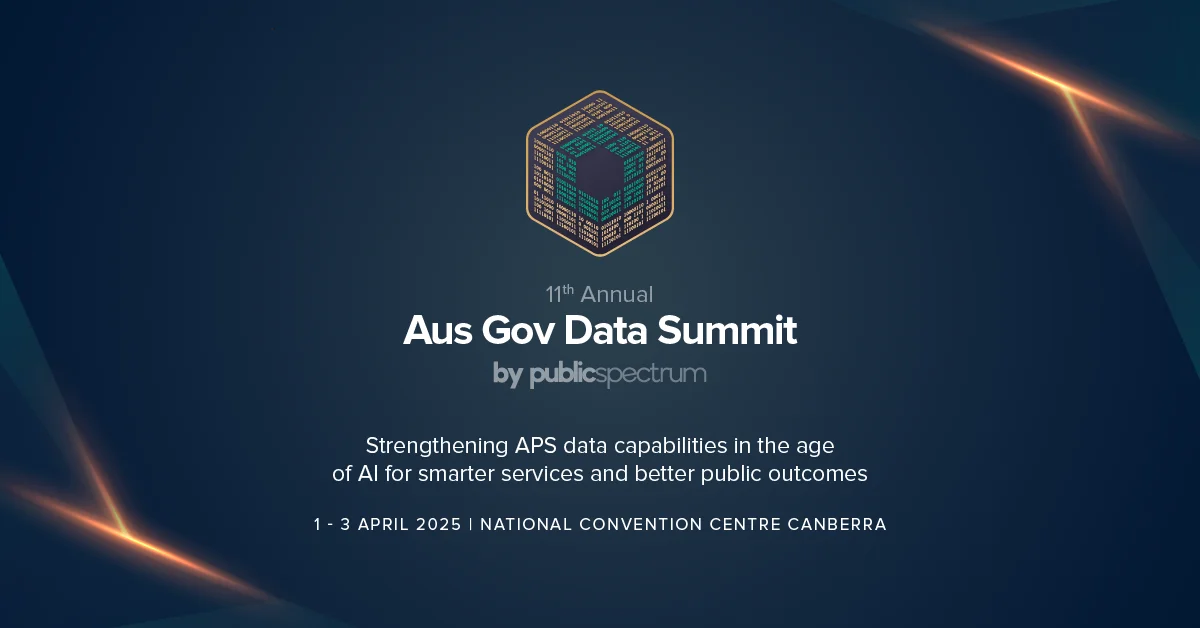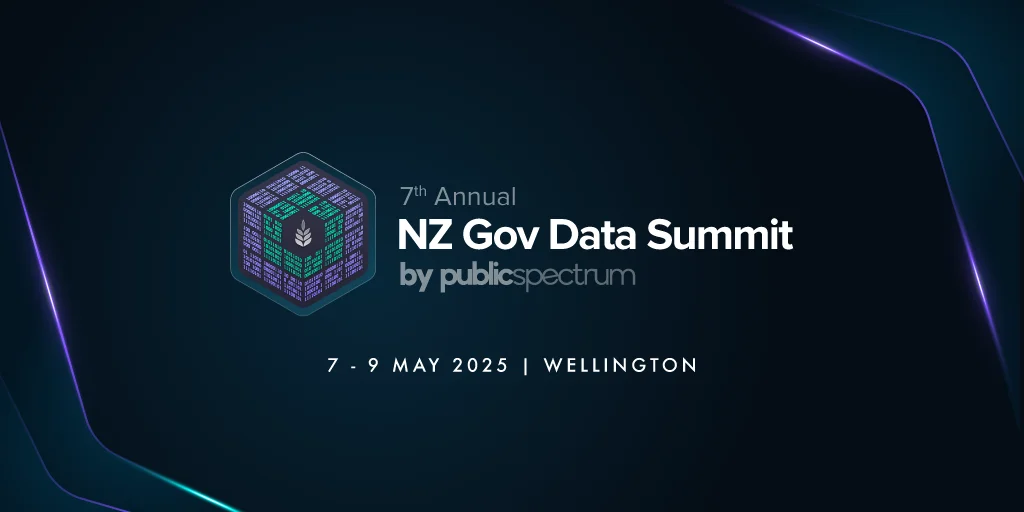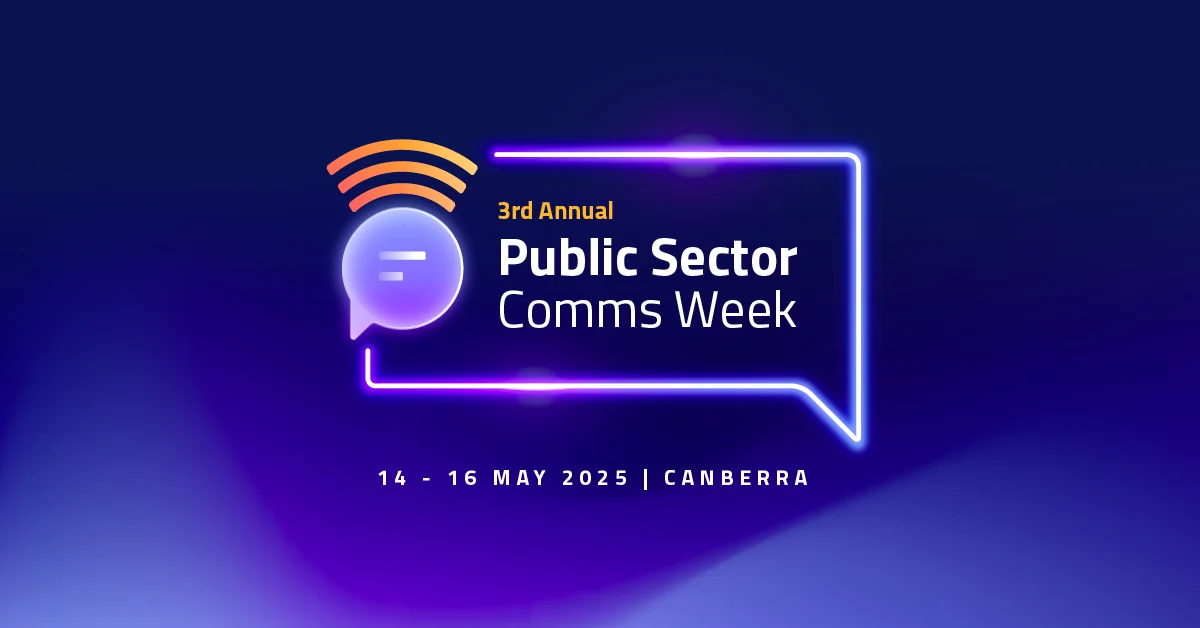The 10th Annual Fraud and Risk Management Summit key takeaways
Share
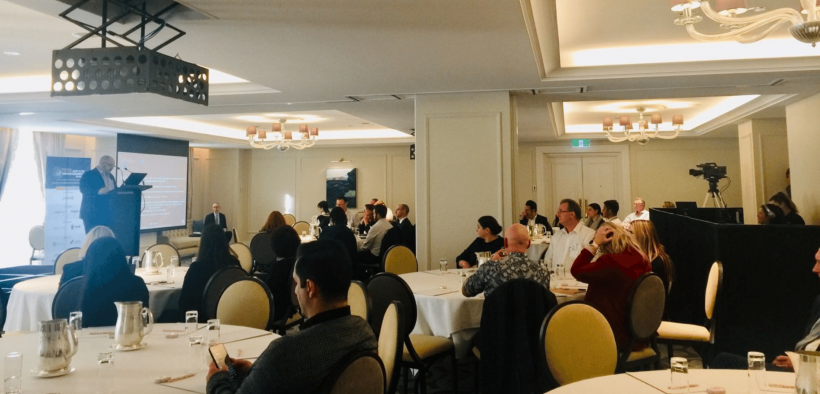
National and international fraud, risk, and cybersecurity professionals came together at the Langham Sydney on 18-19 May 2021 to address the illegal activities they face in the digital world.
Digital technologies are now fundamental to how Australians live and work. The digital transformation is not only rapid and far-reaching but it also impacts every sector and facet of one’s life.
The Government acknowledged the country’s digital growth when it invested around $1.2 billion to create a vibrant cyber economy. However, the speed of the country’s digital transformation was not equal to the level of security and user literacy that was actually needed. This caused an increase in cyber attacks, leaving multiple organisations struggling to recover from them.
The reliance on digital tools in relation to the slow growth of cyber protection has become a growing concern as cyber-attacks have seen more sophistication over the last few years.
“It’s an exciting time in our industry at the moment. It’s never been busier,” said Manager Oceania of Canon’s Fraud and Counterfeit Department and Chairperson of the Australian Online Fraud Council Anthony White as he welcomed the attendees at the 10th Annual Fraud and Risk Management Summit.
“Traditional fraud and risk management have had to be enhanced through other means. Areas, where we don’t normally focus on, are things that we have to shine a spotlight on nowadays,” said White.
The two-day summit, run by Akolade in partnership with Neo4j, Darktrace, Imperva, Data Zoo, Snyk, SCANTEK, AIMA, MySecurity Marketplace and InfoSec Conferences, covered issues related to fraud, risk and cybersecurity.
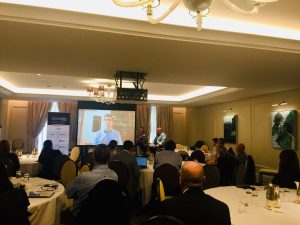
Experts from different sectors had a common proposal: attacks are inevitable and that an organisation must constantly prepare and improve its protection capabilities through cooperation, situational awareness and better data protection strategies.
Head of the Victorian Government Cyber Incident Response Service David Cullen presented the realities of the current cyber risk environment and how cyber-attacks affect the government, private industries and the community.
To prevent cyber-attacks, Cullen said that cyber risks should be talked about as a shared risk and a shared responsibility within the organisation. Cyber risks should be made aware to everyone, not just to the IT sector, in order to prevent financial and productivity losses, legal and reputational damages and any further issues that will happen after an attack.
These risks must also be constantly monitored and assessed since cyber-attacks are often found out when it is too late. Head of Transgrid’s Risk and Insurance Andrew Bornhorst talked about situation awareness and how it is used for risk management.
“Good risk management involves consistently assessing situations for existing and false threats or risks based on the current situation,” Bornhorst said as he explained that staying aware of the risks, focusing on the organisation’s goals, preparing the actions to prevent or mitigate damages and maintaining accountability is important in risk management.
Having strong cybersecurity is also a fundamental element for growth and protection since the increase in reliance on cyber and ICT at the start of the pandemic. Acting Assistant Secretary for the Department of Home Affairs’ Cyber Policy and Strategy Branch Luke Muffet showed statistics on attacks within cyberspace and stated that it is necessary to take proactive steps in order to prevent loss.
“Cyber is ubiquitous in our day-to-day lives,” Muffet said. “While this reliance is the backbone of the modernisation of the Australian economy, if not handled appropriately, it presents a significant vulnerability.”
Speakers at the summit gave multiple ways on how to improve cybersecurity to prevent fraud attacks such as email phishing, ransomware, customer basis fraud, and more. The usage of new technologies such as graph technology, cyber-AI, cloud application securities and identity verification software is encouraged in order to fight back against machine-speed attacks.
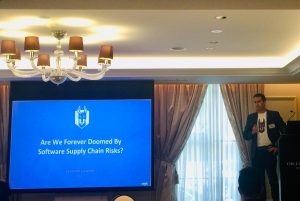
As the country continues to improve its digital transformation, cybersecurity and digital literacy must not be left behind. It important now more than ever for organisations to come together and brainstorm on ways to prevent cyber fraud and risk. By maintaining constant vigilance and adaptation against cyber-attacks, organisations will be able to protect not only their data and their reputation but also the personal data people have entrusted them with.
Eliza is a content producer and editor at Public Spectrum. She is an experienced writer on topics related to the government and to the public, as well as stories that uplift and improve the community.







